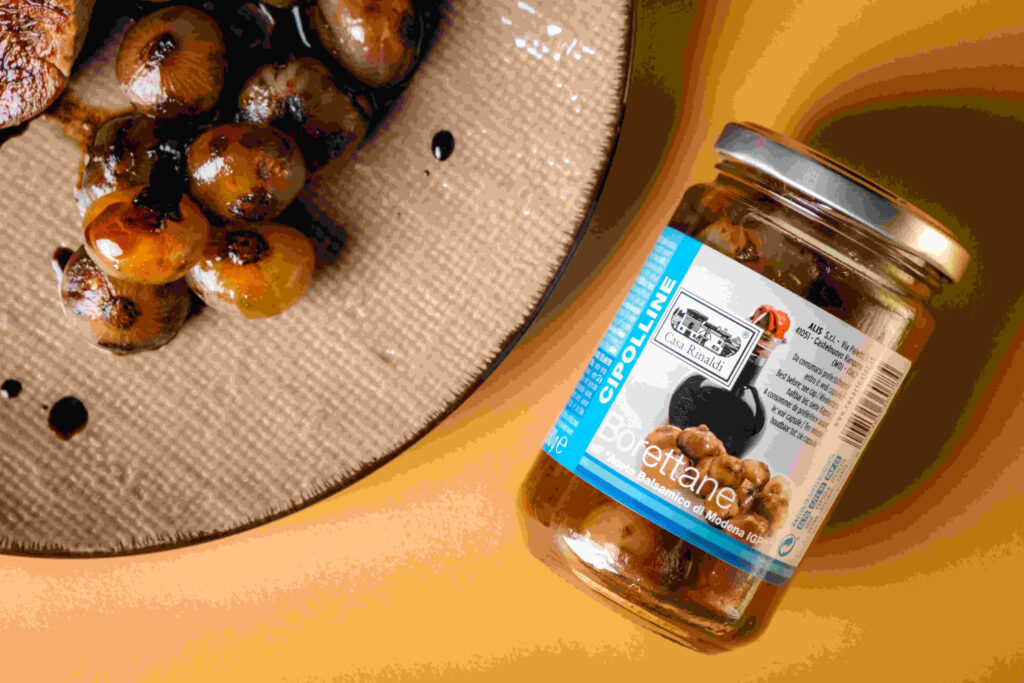Step into the idyllic world of an Italian country house, where generations gather around the rustic kitchen table, their laughter filling the air as the Nonna carefully seals jars of freshly pickled vegetables. Today’s journey transports us to the heart of the Italian countryside, where the wisdom of ages is passed down through the art of preserving seasonal produce, exploring how this cherished tradition extends the life of fresh ingredients while also capturing the essence of the country’s rich agricultural bounty.
A Timeless Craft
Imagine a charming countryside villa, nestled among the rolling hills and fragrant vineyards of Tuscany. In the heart of this picturesque landscape, the family gathers, each member playing a vital role in an age-old craft. The tradition of pickling vegetables in Italy is a timeless art that dates back centuries, deeply rooted in the country’s rich history and culture. Rural communities have relied on this preservation method for generations to savor the flavors of summer throughout the year. What sets Italian pickling apart is the meticulous attention to detail and the use of the finest, locally sourced ingredients, echoing a practice that has endured since the days of the Roman Empire.

Try one of our favorite Casa Rinaldi pickled vegetables: Borettane Onions, preserved in balsamic vinegar of Modena. A true palate-pleaser!
The Pickling Process
Let’s delve into the heart of this captivating process that goes from garden to jar, where vegetables are transformed into flavorful delights through a delicate alchemy:
- Harvesting: it all begins with the careful selection of seasonal produce. From crunchy cucumbers to vibrant bell peppers and plump tomatoes, each vegetable is chosen at the peak of its ripeness.
- Cleaning and Preparing: after a thorough wash, the vegetables are skillfully sliced, diced, or left whole, depending on the recipe. Traditional Italian pickles often feature a harmonious mix of textures and flavors.
- Blanching: the vegetables are then plunged into boiling water, just long enough to bring out their vibrant colors and soften them slightly while retaining their crunch. This not only enhances their visual appeal but also reduces any potential risks.
- Bathing in the Brine: a blend of water, vinegar, salt, and aromatic herbs like basil, oregano, and rosemary creates the flavorful brine. This liquid serves to infuse the vegetables with a unique taste while also acting as a natural preservative.
- The pickling jar: finally, the prepared vegetables are carefully layered in glass jars, and the brine is poured over them. The jars are then sealed, marking the beginning of the pickling journey.
As for their longevity, these homemade treasures can last for several months when stored in a cool, dark place. However, their irresistible taste often ensures they don’t linger on the pantry shelves for too long.

For an authentic taste of Italy, try our exquisite Capers in White Vinegar, the perfect addition to your pickled vegetable collection.
Advantages of Pickling
The craft of pickling vegetables brings forth a multitude of advantages, a testament to why it remains a beloved tradition in Italian homes.
Preservation of seasonal delights: through pickling, Italians can savor the vibrant tastes of their favorite vegetables long after the harvest season has waned, ensuring a continuous connection to the land.
Enhanced flavor profile: the pickling process, with its patient fermentation, bestows a captivating, tangy complexity to the vegetables.
Nutritional riches retained: one might assume that preservation compromises nutrition, but in the world of pickling, this is far from the truth. These pickled gems retain a substantial portion of their original nutritional value, ensuring you relish both taste and health benefits.
Culinary versatility: from adorning antipasti platters to providing a zesty accent to pizzas, sandwiches, and beyond, pickled vegetables are the culinary artisans’ secret weapon.
Reduced food waste: embracing the art of pickling is a commitment to sustainability. It allows households to minimize food waste by preserving excess produce, aligning with Italy’s tradition of respect for resources and the environment.
As you explore the serene Italian countryside, and taste our collection of vegetables and legumes, you’ll find that pickled vegetables are not just a condiment but a symbol of time-honored wisdom and a delicious embodiment of Italian culinary heritage. So, open a jar, savor the rich flavors, and embark on your own journey through this age-old tradition. Buon appetito!
